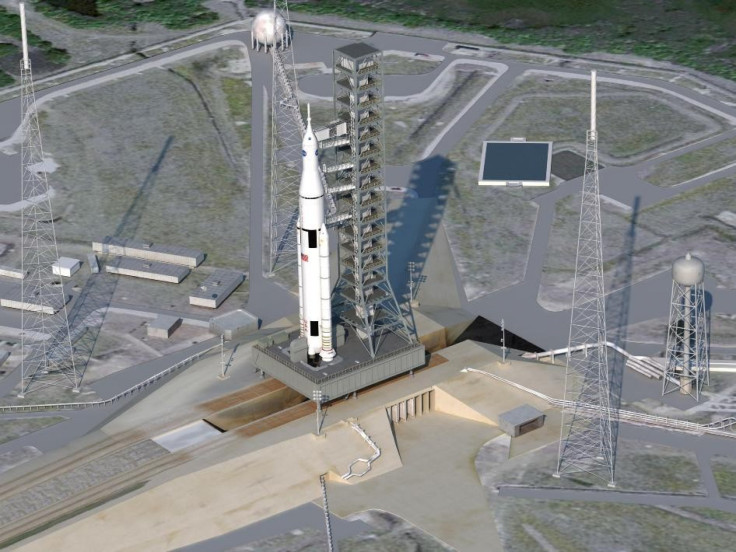NASA Rocket will Carry Humans to Mars in 2030s

A new chapter in NASA's space expedition will be unveiled very soon. As announced by NASA on Wednesday, the space agency is all set to come up with a $30-billion rocket that will eventually carry astronauts to the Mars.
Once finished, it would be the world's most powerful and largest spaceship. It would take humans to nearby asteroids by 2025 and to the Mars in the 2030s, said researchers.
Named as Space Launch System (SLS), this spaceship would be NASA's first exploration-class vehicle since the Saturn V, which took American astronauts to the Moon 40 years ago. However, researchers claim, even the smallest prototype of the SLS will have 10 percent more thrust than its predecessor.
Being designed to carry Orion Multi-Purpose Crew Vehicle, the spacecraft will also work as an alternative means for commercial transportation to the International Space Station.
NASA would allocate $3-billion a year for the project effort, or a total of about $18 billion over the next six years, said William H. Gerstenmaier, the agency's associate administrator for human exploration.
At a time when NASA is suffering from job losses and appears aimless post the space shuttle retirement, the SLS can be a significant step towards reviving the agency.
The SLS will be designed to carry the Orion Multi-Purpose Crew Vehicle, as well as important cargo, equipment and science experiments to Earth's orbit and destinations beyond. The shuttle could carry about 50,000 pounds of cargo into low-Earth orbit. The new rocket will be able to initially lift as much as 140,000 pounds of cargo and power it well beyond the low-Earth orbit.
In 2017, the spacecraft will face its first unmanned test and the manned test will take place around 2021.
This is a day that we have been looking forward to for a long time. It's really a new beginning, said Senator Kay Bailey Hutchison of Texas.
While I was proud to fly on the space shuttle, tomorrow's explorers will now dream of one-day walking on Mars, said NASA administrator Charles Bolden. The rocket's design is the cornerstone of our deep space human exploration program, he added.
In February 2010, President Obama cancelled the Constellation program and adjourned all decisions on finding a replacement for five years. Later, due to increasing Congressional pressure, a new plan of reviving the Constellation was announced. Now, with the proposal of the SLS, White House is showing a genuine effort to renew the space agency's future, believe experts.
© Copyright IBTimes 2024. All rights reserved.





















